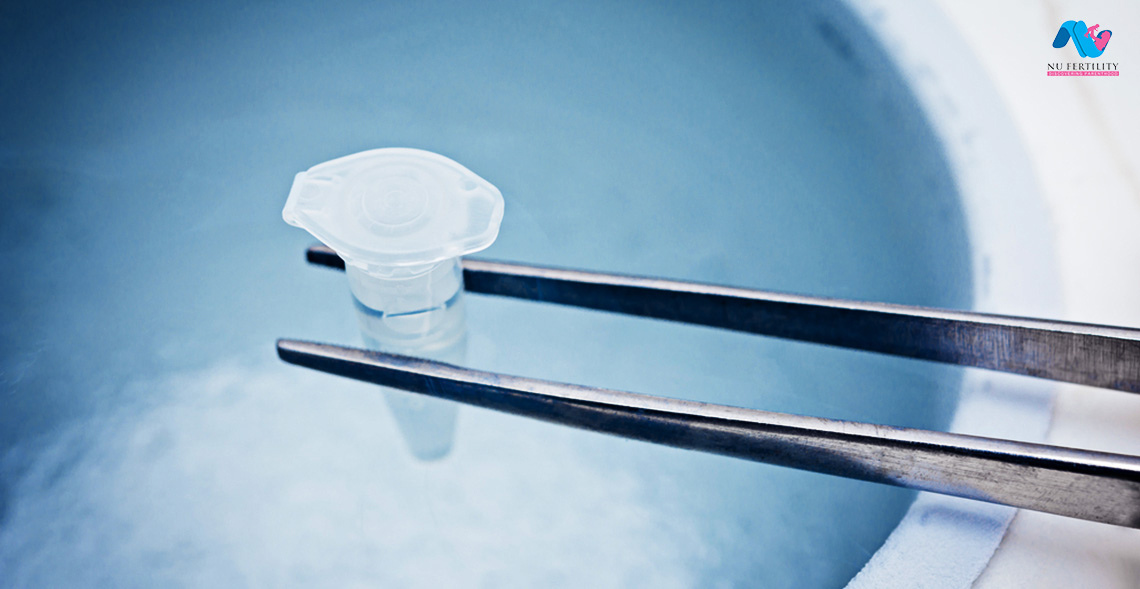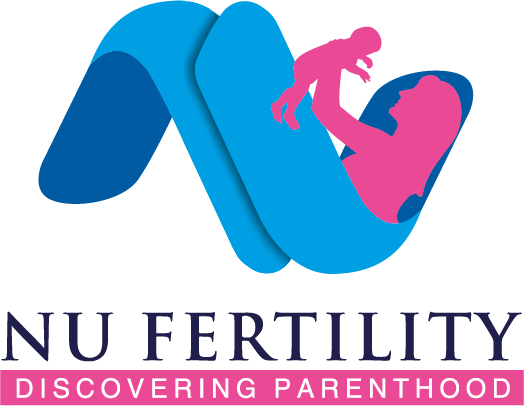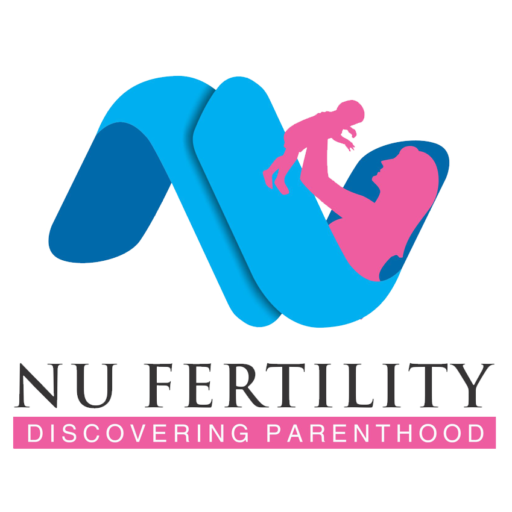
You have a perfect life. You finish college, get a dream job, make money, travel the world, build a house, marry, and start a family… This may not be the case always. You may not have found a life partner or be ready for a child yet! However, this does not stop your biological clock from ticking.
Age is the most important factor which affects your chances of having a baby. Your ovaries have the maximum number of eggs at birth. The quality and quantity of eggs only reduce throughout your life. The maximum chances of pregnancy are between 25-30 years age, starts declining after 30 years and rapidly after 35 years. The best way to fulfill your dream of motherhood, if you are planning pregnancy later on in life, is egg freezing or oocyte cryopreservation.
- Who is a suitable candidate (age limit) for egg freezing?
Any woman who <40 years of age with a good ovarian reserve can freeze eggs. The chances of success are better in younger women as the quality and quantity of eggs are better in younger women.
- How to go about with the process of egg freezing?
You can consult our fertility specialist a month prior to your planned cycle of egg freezing. You will have to undergo a scan and a few blood tests. If everything seems ok, you will be given premedication for a month. The actual medications to stimulate your ovaries to produce eggs will start in the subsequent cycle. This will consist of about 10 days of injections. Eggs will be collected after that.
- How are the eggs frozen?
The collected eggs are frozen by the process of rapid freezing or vitrification at -196C. This process yields a better survival rate for the oocytes compared to the initially used process of slow freezing. The survival rate of eggs post warming is 75%.
- What will happen when you are ready for pregnancy?
You will have to undergo initial investigations to confirm that you are fit for pregnancy. The eggs will be warmed and injected with sperm (from your partner/ donor). This process is called ICSI (Intracytoplasmic Sperm Injection). The resulting embryos will be grown for up to 5 days in the lab and will be transferred back into your uterus. The pregnancy will be confirmed after 12-14 days of the transfer. You will need to take a few hormones to support the pregnancy for 8-12 weeks. After that, it will be like any other pregnancy.
- What are the cons of the procedure?
It is a relatively new procedure with the birth of the first baby from oocyte cryopreservation in 1986.
The oocyte has a lesser chance of survival compared to embryos after warming as oocyte is single-celled whereas embryo is multicellular.
- What are the alternatives to oocyte cryopreservation?
If the ovarian reserve has diminished to a significant value, oocyte donor may be opted for. Adoption may be another option.
To know more about your chances with oocyte cryopreservation, call for appointment +91 80-42489999


